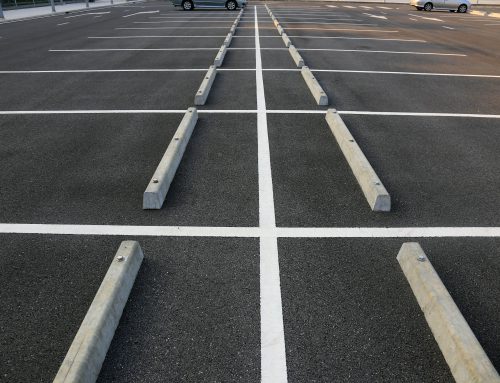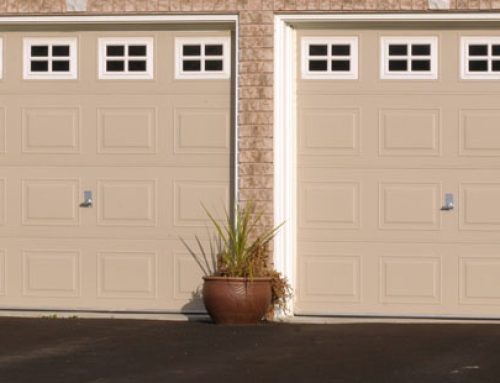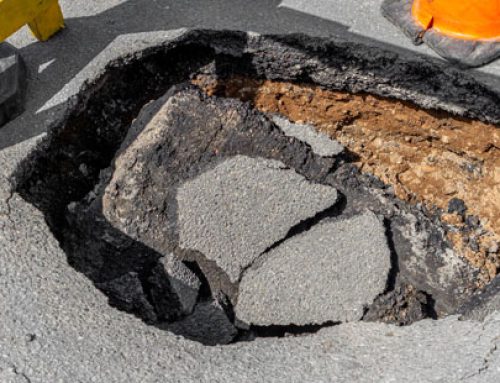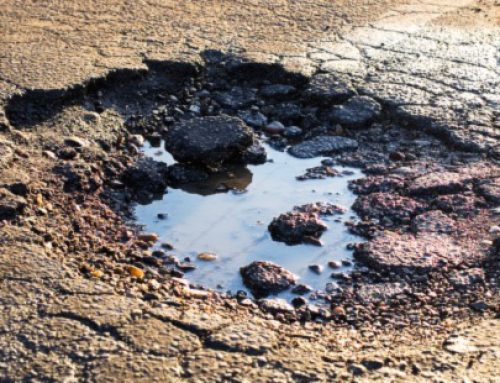Newly paved asphalt can instantly increase your property’s curb appeal – whether it’s residential or commercial. As a property owner, you want to protect your investment and maintain your new pavement’s beautiful appearance as long as possible.
If you just had your driveway or parking lot paved, you might be wondering how to take care of the newly paved surface. Follow these do’s and don’ts to keep your asphalt looking its best and extend the life of your investment!
What To DO After an Asphalt Paving Project
Here are a few things you can and should do to protect your freshly paved asphalt:
Do wait at least 24 – 48 hours before driving on the new surface. During hot weather, you need to wait even longer. Fresh asphalt needs at least 24 – 48 hours to set completely and cure before it’s used. Keep this in mind when you schedule an asphalt paving project.
Do drive carefully – and encourage others to do the same. Fresh asphalt is more vulnerable to damages. Driving fast on new asphalt will cause tire marks, scuffs, dips, and depressions in spots that are still curing.
Do keep the pavement clean. Since it catches dirt and debris, it’s important to clean your new asphalt surface regularly. You also need to protect your new pavement from water and snow. If water seeps beneath the surface and freezes in cold weather, it can cause the asphalt to expand, harden, and crack under pressure. So, remove standing water, apply de-icing agents in the winter, and clean your asphalt frequently.
Do clean up oil leaks and spills immediately. Fluid leaks and oil spills from vehicles are inevitable – especially for commercial parking lots. But you can stay on top of this issue with regular maintenance. Even after your asphalt is fully cured, you should still do your best to clean up spills as quickly as possible to avoid permanent staining and damage. Chemicals from oil and fluid leaks and spills can break down and eat away at the binding agent in your asphalt. These chemicals will eventually compromise its structural integrity.
Do sealcoat regularly. Sealcoating creates a shiny and attractive appearance on your asphalt pavement. But more importantly, it protects your pavement against weather elements, oil spills, and water damage. We recommend sealcoating your new driveway or parking lot after the first year. Then you can wait for 2 to 3 years before sealcoating again – depending on the condition of your pavement.
What NOT To Do After an Asphalt Paving Project
Here is a short list of what not to do after your asphalt paving project is finished:
Don’t park in the same spot every time. To prevent low spots and impressions from forming in the asphalt, place a pad or a piece of plywood under vehicles or trailers if they will be parked for several days at a time. Lawn furniture can also cause dents in the asphalt surface.
Don’t sealcoat until after the first year. There are many benefits from sealcoating your driveway or parking lot. Sealcoating protects your asphalt pavement against damages and extends its lifespan – it also saves you a lot of money down the line. However, you should wait at least one full year after installation before applying sealcoat. Waiting a year allows your asphalt to set completely and create a strong foundation.
Don’t drive too close to the edge. The edges of your parking lot or driveway are most vulnerable after an asphalt project is finished. Since the asphalt is still fresh, any amount of pressure on the edges can cause pieces of it to break off. For commercial properties, consider placing concrete barriers along the edges of your parking lot to prevent people from driving too close to the edge.
No Job is Too Big or Too Small for Premium Asphalt Paving & Sealcoating
At Premium Asphalt Paving & Sealcoating, we provide high-quality paving, asphalt repair, and asphalt maintenance to residential, commercial, and industrial clients in College Station, Bryan, Waco, and all surrounding parts of central and eastern Texas. Ready to get started on your next project? Contact us today to schedule a free estimate!








